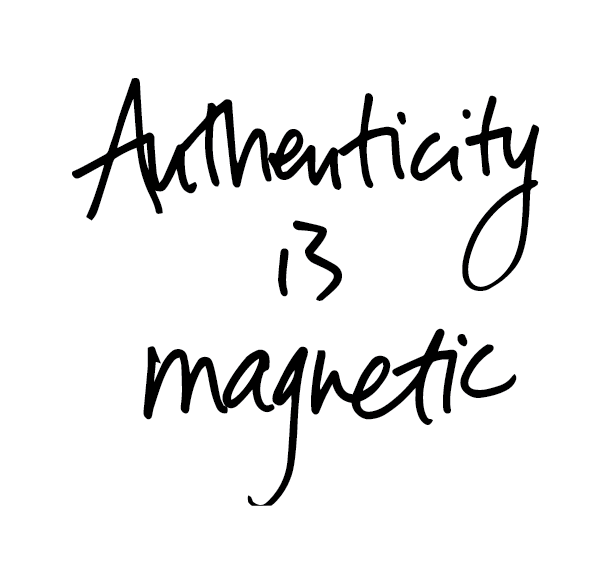Authentic /ɔːˈθɛntɪk/ adjective: of undisputed origin and not a copy; genuine.
There are things that we all resent about the antisocial (dis)connection of social media, but what I can definitely praise it for is the “So and so is interested in this event” newsfeed feature, because, whether ‘Joey’ made it to the event or not, I certainly did.
Conversation HUB: A day of meaningful conversation at a beach house. Now, that’s exactly the kind of event that catches (and keeps) my attention. Why? Because Meaningful Conversations are rare. And I’m so aware of that since I’ve been teaching ESL “Conversation class” over the last 3 years. Colleagues hate teaching these sessions, exclaiming “There’s no lesson focus!” and “What is the aim of the lesson? What are the students actually learning?”
My fellow-teachers and management staff of the English Language School I work at all know that I love this slot. Students who have been in my communication classes know why too and the feedback I’ve had for my method of teaching has continued to inspire me.
There is no focus, you say.
‘Well, what is conversation?’ I usually open my courses with.
I get a lot of answers.
“Speaking, listening, answering questions, asking questions.”
I bring the students attention to ‘responding’ without planning what you are going to say while their partner is talking. How often do we do that? Um… constantly…. no longer listening simply preparing our next injection of words and opinions. To respond to what your someone says to you, once they have finished saying it to you, that’s a good habit in communication worth practising. don’t just talk at them.
What’s the aim? you ask.
Giving students the freedom to just go for it. To speak freely and openly, voice their opinions, to talk about things in depth that we often brush over or don’t even indulge in in regular daily chatter. Some topics that are exciting and wholesome, some controversial, some socially awkward. All real.
What are they learning? They are learning life skills in English. Communication skills that they haven’t even been taught to do in there mother tongue. How freakin’ meaningful is that language and expression? How much more true and authentic do you get? How to say what they feel, what they believe, to formulate their own beliefs and express them (in a foreign language as well) to learn about other minds and opinions and have a space to change their minds if they wish, update their point of view.
That’s the safe space I call my classroom. Where no one is wrong or right. Only, different.
I won’t elaborate on my techniques of guided conversations, conversation journeys or conversation rotations but I will highlight how I ended up at the “meaningful conversation HUB” on Sunday 15 October. Alone, stepping into yet another Unknown – out of pure curiosity and need to experience possibly what my students get to.
You see, I see these meaningful conversations happen so often because I facilitate them, and I suppose my lessons have taken on this description out of my own need for deeper connection and sharing. As a facilitator, I witness the magic but by being removed I don’t get to experience it as a participant.
Driving to the beach house on Sunday I was thinking about how I feel about certain topics and realised I don’t really know… because I’ve only ever thought about it briefly but never had the opportunity to put feelings to words to verbalised it. Students have asked me before, “But tell us, how do YOU feel about this? What do you believe?” I brush it off, saying that it’s not my conversation to have, it’s theirs – a bit of a cop out, but I rarely want to label myself with an opinion I haven’t had time to mould.
So, there I was. It was a small group of mostly strangers. And I was asked to “check in” with why I was there. Which was most of what I’ve shared above. I want to gain skills and I’m open to any opportunity for personal and professional growth.
What I learnt about human conversation and interaction during our “authentic relating” task was that I was really listening and really present in what my group was saying. And when I felt how I was truly able to engage and listen to another, not for any other purpose other than to hear them, a thunder bolt of realisation struck me: people listen to me everyday but “I don’t feel heard”. This was a very emotional moment as I also had to face the fact that I listen to respond, I listen to form an option, I listen to react with advice or show empathy through my own personal experience. We don’t just listen to hear one another.
And it’s a HUGE pothole in the road of connection and communication.
Authentic relating is all about giving someone the space, not to speak. But to be heard.

I’m not that much of a internet reader to be honest but
your sites really nice, keep it up! I’ll go ahead and bookmark your
site to come back later on. Cheers https://918.network/downloads/82-ntc33